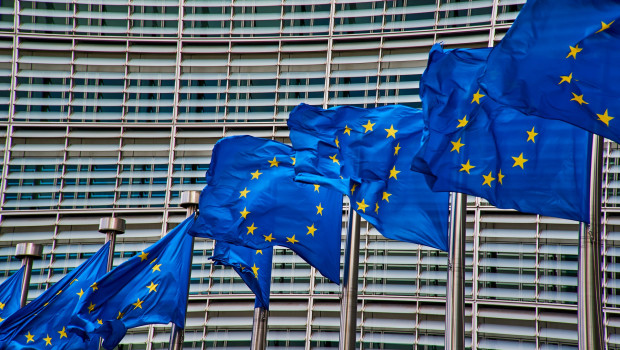Eurozone business growth hits nine-month high

Business growth in the eurozone hit a nine-month high in February, according to a preliminary reading released on Tuesday.
The S&P Global flash eurozone PMI composite output index increased to 52.3 from 50.3 in January, rising for the fourth month in a row and indicating the strongest expansion since last May. Economists had been expecting a reading of 50.6.
A reading above 50.0 signals expansion, while a reading below indicates contraction.
The flash eurozone services PMI activity index printed at 53.0 in February, up from January’s reading of 50.8 and hitting an eight-month high. However, the manufacturing PMI dipped to 48.5 from 48.8.
Chris Williamson, chief business economist at S&P Global Market Intelligence, said February’s PMI is broadly consistent with GDP rising at a quarterly rate of just under 0.3%.
"Growth has been buoyed by rising confidence as recession fears fade and inflation shows signs of peaking, though manufacturing has also benefitted from a major improvement in supplier performance," he said.
"The pandemic-related delivery delays that dogged factories over the past two years have given way to faster delivery times, in turn meaning pricing power is shifting from suppliers to factory purchasing managers, bringing industrial price inflation down.
"However, although inflationary pressures have continued to moderate in February, the survey hints at persistent elevated price trends in the service sector, linked in part to higher wage growth, which will concern ECB policymakers."
Capital Economics said: "February’s chunky increase in the flash euro-zone Composite PMI highlights the continued resilience of activity and suggests that the economy will grow in Q1. With the labour market still very tight and price pressures strong, the surveys will reinforce ECB policymakers’ conviction that their tightening cycle still has some way to go."